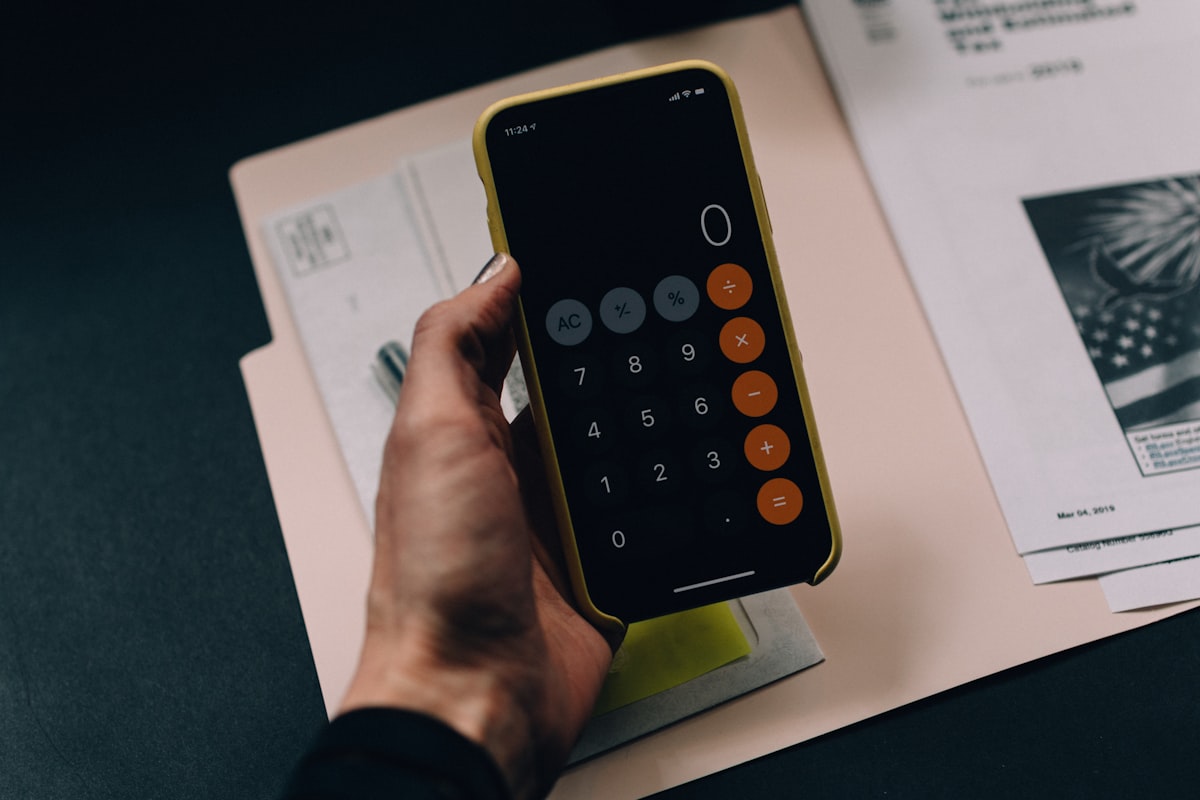Personal finance, planning is saving. Start the year with the best of resolutions
Starting this year with an annual spending plan will help you project your expenses for the year ahead and prevent your personal and family finances from being affected as much as possible.

Like every year, in addition to the good resolutions, there can also be a few worries about holiday expenses, and many families have seen their incomes reduced due to health-related issues. An annual spending plan will help you project your expenses for the year ahead and prevent your personal and family finances from being affected as much as possible.
The sooner the better
It's always a good time to make a budget, either with the help of a spending planner, written reference, or an electronic spreadsheet. With this tool, you will have a picture of your financial situation, which will give way to your future goals. In addition, it will help you decide how best to allocate your income for the year based on the money you have available. To give you an idea of where to start and what you should consider, the following outline shows you what you should take into account.
Fixed income is received constantly and periodically. They are salary, pension, allowance or money provided by parents, remittances.
Variable income may or may not be received. They are profit sharing, bonuses, Christmas bonuses, benefits, commissions, and sales.
Fixed expenses are expenses that remain constant. They are food, taxes, property taxes, tenure, etc. cars (tenure, verification, and license plates), license plates, transportation, services, education, savings, and previously acquired debts.
Variable expenses change according to the tastes and activities of each person. They are clothing and footwear, medical expenses, entertainment, occasional and unforeseen expenses.
Plan and record, preferably in writing
A spending plan will help you to better control your finances, the important thing is to have the discipline to fulfill your financial plans, the following model can serve as a guide. Before you start, you should gather receipts, account statements, purchase receipts, and information that you will use when filling it out.
Remember to write down fixed expenses and don't forget to consider a part of your income for savings and unexpected expenses, which are the main causes of mismatches in your personal and family budget. Periodically review your planner to check if you are keeping your expenses and planned goals on track, so that if necessary you can react in time and adjust it.




